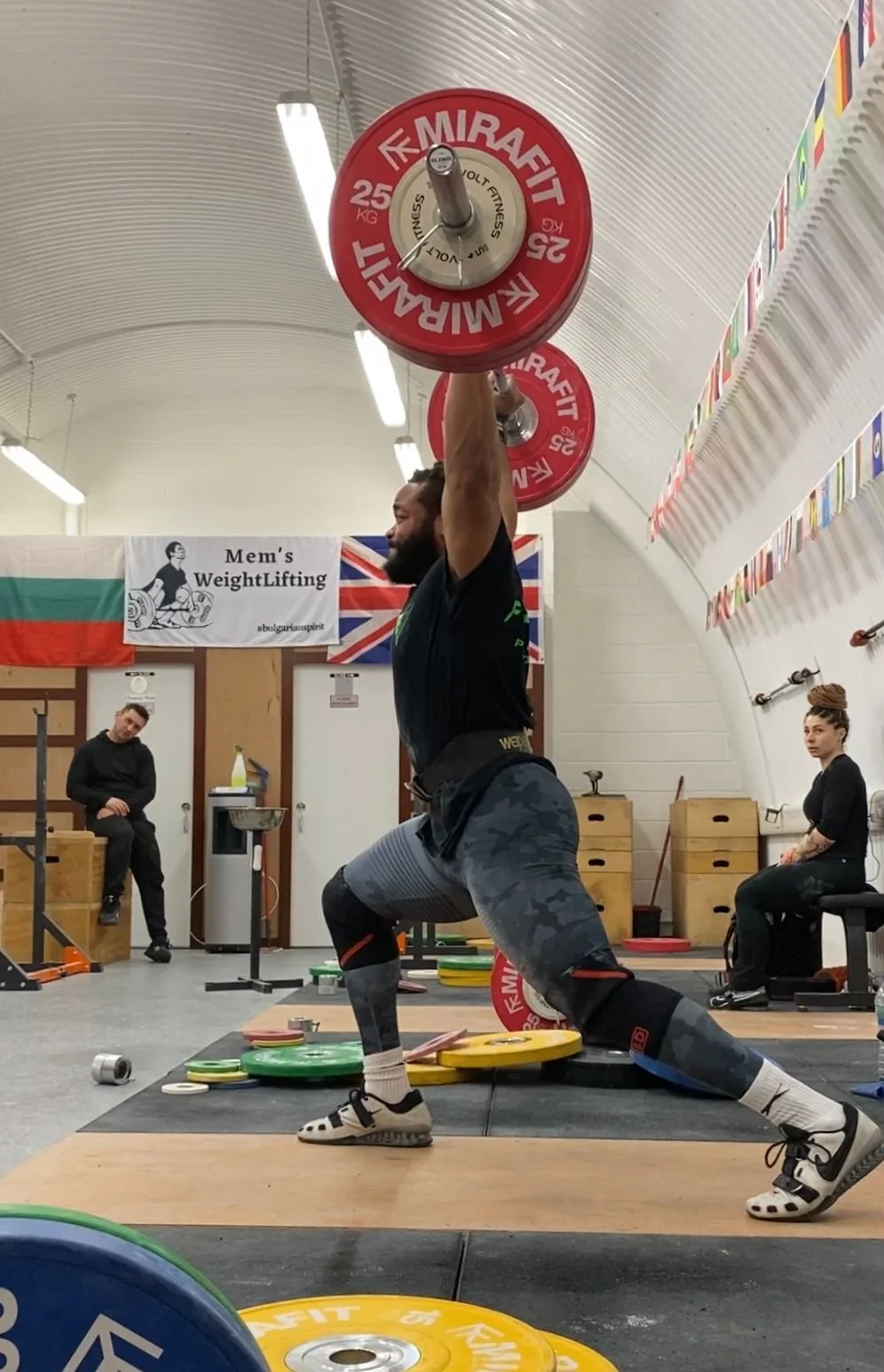How often should I max out my Olympic lifts?
Welcome to Mem’s Weightlifting Blog! Each week we’ll tap into Mem’s vast experience as an international athlete and weightlifting coach, posing him a frequently asked weightlifting question.
First up, we get Mem’s take on lifting heavy…
To benefit from Mem’s coaching expertise first-hand, book your session at our Olympic weightlifting gym in London.
“How often you should max out your Olympic lifts really depends on your level of experience and your goals.
“At the highest level, professional athletes who compete on the international stage should aim to max out a minimum of once a week for the standard lifts; the snatch and clean and jerk. But they need to lift heavy regularly. In my professional career, I normally trained 13 times a week. I’d be looking to hit at least 90% in most of those sessions.
“Teenage athletes with a couple of years’ experience can max out their snatch, clean and jerk and squat up to three times a week. That’s because when we’re younger, our muscles have a shorter recovery period; we gain strength faster.
“For our junior lifters, max out sessions for snatch and clean and jerk will include powers, start from the hang position, use blocks or incorporate a deficit, depending on each individual's individual needs and weaknesses, as well as their ability to recover between heavy sessions.
”In this country, there are fewer professional weightlifters. Athletes have to juggle training with work and under these circumstances, it’s obviously unrealistic to expect them to train twice a day and at maximum every week. But put simply, the more you lift the better you’ll get. Your body adapts to the demands of the movements and you get used to the challenge of lifting heavy regularly.
“Clearly, that’s important when you’re preparing for competition as you’ll be expected to lift upwards of 95% of your max.
“If you’re a recreational lifter, it’s a slightly different story. There’s less reason to enforce max-out sessions as frequently. If your muscles are aching and you don't feel good, step back, have a rest, come back the next day refreshed and enjoy lifting again.
“But the fact remains that the best way to see improvement is to spend more time in the gym. A good analogy is work: the more you do your job, the better you get at it. Weightlifting is no different.”
Got a question you’d like answered by London’s most respected Olympic Weightlifting coach? Drop us a message on Instagram.
